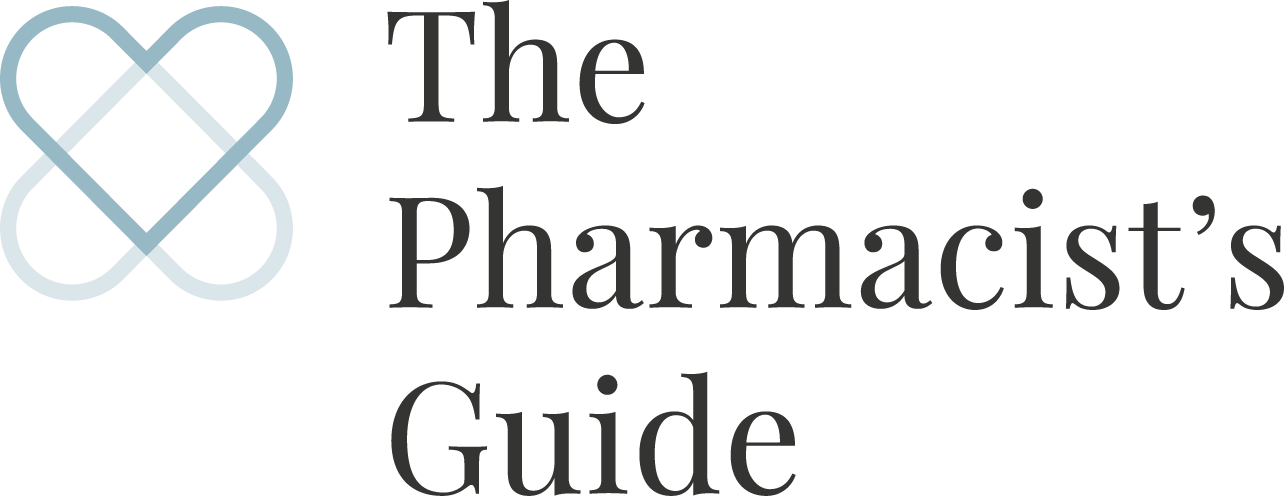12 SECRETS EVERY PHARMACIST KNOWS: AN OVERVIEW
Prevention magazine recently published a great pharmacist-friendly article that gives people an insider view to the pharmacy and role of a pharmacist. The article says in a very nice way what a lot of pharmacists are thinking and hope that their customers understand. For example, pharmacists don't set the prices of the medications! The cash price is determined by the company they work for (usually the wholesale price plus a markup) and co-pays are determined by the insurance provider that you have. Read on for more tips from the article:
Chain store pharmacists have quotas to meet
Pharmacists have performance expectations too. They are held to and measured against wait times and other key performance indicators.
Mornings are the best time to fill prescriptions
Of course this isn't always possible, but if you have the same medications filled monthly, the morning is the best and fasted time to get them.
If it takes longer than 15 minutes, be patient
Time pressure can contribute to errors; it is better to wait an extra five minutes and have your prescription checked for allergies and drug interactions, etc.... "The pharmacist does far more than count pills and place them into a bottle. Pharmacists are reviewing allergies, drug interactions, dosing, and much more to be sure you get a medication that will be safe and effective for you."
Doctors' handwriting really is that bad
Sometimes the reason it is taking so long to get your prescription is because the pharmacist needs to call and verify the dose or medication. And doctors and nurses are busy in their offices so sometimes we have to wait for them to call us back. I've also had countless prescriptions written that have forgotten to put the dose of medication, the quantity to give or the date the prescription was written. Doctors are busy too and may forget to check a box on the prescription - it takes a team to provide your healthcare and we are working together to provide the best care!
Pharmacists don't set prices
A pharmacist has no say in the price of medication; we can help you search for manufacturer discounts etc..., but the manufacturer and parent company determine the cash prices and the insurance company sets the amount of the copay.
You can't - and shouldn't - always get a generic
After a patent has expired on a drug, other companies are free to manufacture it without the extensive cost from building it from scratch. That is why generics typically cost less. In theory, generic medications are identical to the brand name dosage form, safety, strength, route of administration and indication but there is a little variability on how much the active ingredient can vary. Also, different excipients can affect the absorption. For the most point, it is always prudent to get the generic, however in cases of seizure medications and blood thinners and other narrow therapeutic index drugs, we usually don't recommend going back and forth between different manufacturers.
Don't wait until you're out of medicine to order refills
There may be a problem with the prescription or the stock that the pharmacy has. Sometimes insurance will pay for a prescription the first time, but will not cover it the next time without a separate authorization. Calling the pharmacy a day or two before you are out of medication gives them the time to rectify the problem.
Don't use the pharmacy checkout if you're not picking up a prescription
While the pharmacists and technicians are happy to help, it keeps them from the important work that they are doing and may result in longer wait times for people waiting on prescriptions.
Build a relationship with your pharmacist
The better a pharmacist knows you, the better care they will be able to provide because they know your history, other medications you are taking, etc... You wouldn't switch doctors every month, would you?
Know the meaning of "as directed"
Sometimes a doctor will write "as directed" on a cream or lotion. Also, they will write this on a medication that needs to be tapered, dose adjusted etc.. Usually the doctor will provide other verbal or written instructions for the medication when they write "as directed" on a prescription. It is important that you know what those directions are!
Ask the right questions
From the article: ...though a good pharmacist will automatically provide many of the answers, including when to take the medication, whether or not to take it with food, what the side effects are, and if it needs to be refrigerated. "A patient needs to walk out of a pharmacy confident that they know what to do".
Don't buy medicine online
The medicine may cost less, but often it is not FDA regulated for safety and efficacy. People also end up taking the medication incorrectly and are not recognizing side effects.

